-
×
 Hypno Sex By Victoria Gallagher - Hyptalk
1 × $22,00
Hypno Sex By Victoria Gallagher - Hyptalk
1 × $22,00 -
×
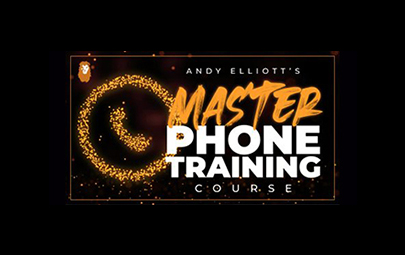 Master Phone Training By Andy Elliott
1 × $194,00
Master Phone Training By Andy Elliott
1 × $194,00 -
×
 Sexual Magnetism Course By Charisma School
1 × $39,00
Sexual Magnetism Course By Charisma School
1 × $39,00 -
×
 New Hacker By Everyday Spy
1 × $69,00
New Hacker By Everyday Spy
1 × $69,00 -
×
 The Federal Code Blueprint 2023 2.0 By Jason White
1 × $23,00
The Federal Code Blueprint 2023 2.0 By Jason White
1 × $23,00 -
×
 Dead By Thomas Crown
1 × $15,00
Dead By Thomas Crown
1 × $15,00 -
×
 The Sensual Alchemy Masterclass - For Men By Yuval Man
1 × $46,00
The Sensual Alchemy Masterclass - For Men By Yuval Man
1 × $46,00 -
×
 Real Estate And REIT Modeling 2024 By Breaking Into Wall Street
1 × $109,00
Real Estate And REIT Modeling 2024 By Breaking Into Wall Street
1 × $109,00 -
×
 The System - Become Your Own Private Equity Firm By The Real Estate God
1 × $69,00
The System - Become Your Own Private Equity Firm By The Real Estate God
1 × $69,00 -
×
 Oral Sex Mastery by Pleasure Mechanics
1 × $69,00
Oral Sex Mastery by Pleasure Mechanics
1 × $69,00 -
×
 Product Marketing Bootcamp By Melinda Chung
1 × $85,00
Product Marketing Bootcamp By Melinda Chung
1 × $85,00 -
×
 7 Powers Package By John Demartini
1 × $31,00
7 Powers Package By John Demartini
1 × $31,00 -
×
 Master Lover 2023 - Secrets For Mystical Sexual Union By Tantra Garden
1 × $69,00
Master Lover 2023 - Secrets For Mystical Sexual Union By Tantra Garden
1 × $69,00 -
×
 Ancestral Hypnosis Healing By Vanessa Codorniu
1 × $46,00
Ancestral Hypnosis Healing By Vanessa Codorniu
1 × $46,00 -
×
 The Freedom Lab By Club Life Design
1 × $93,00
The Freedom Lab By Club Life Design
1 × $93,00 -
×
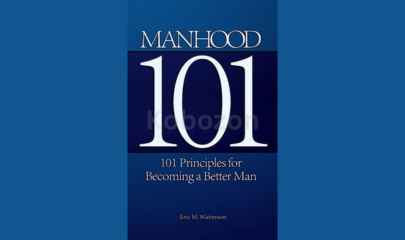 Manhood 101: 101 Principles for Becoming a Better Man by Eric Watterson
1 × $5,00
Manhood 101: 101 Principles for Becoming a Better Man by Eric Watterson
1 × $5,00 -
×
 Natural Instinct Method - RSD Nation
1 × $5,00
Natural Instinct Method - RSD Nation
1 × $5,00 -
×
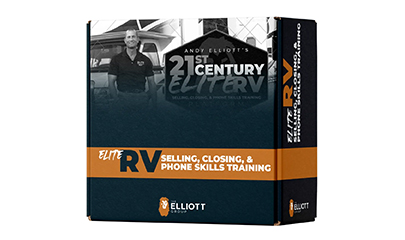 The Elite RV Sales Training Course By Andy Elliott
1 × $124,00
The Elite RV Sales Training Course By Andy Elliott
1 × $124,00 -
×
 SATYA 2 - Online Immersion - January 2023 By Tias Little
1 × $225,00
SATYA 2 - Online Immersion - January 2023 By Tias Little
1 × $225,00 -
×
 Hypno Sexual Tool Box for Men By Victoria Gallagher - Hyptalk
1 × $33,00
Hypno Sexual Tool Box for Men By Victoria Gallagher - Hyptalk
1 × $33,00 -
×
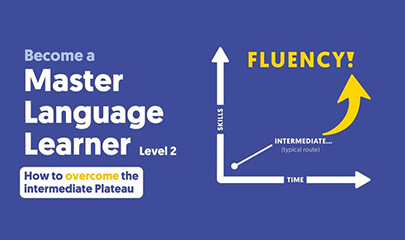 OIP Become a Master Language Learner - Level 2 By Luca Lampariello
1 × $54,00
OIP Become a Master Language Learner - Level 2 By Luca Lampariello
1 × $54,00 -
×
 Becoming a Therapist - Inside the Learning Curve With Erik Sween
1 × $8,00
Becoming a Therapist - Inside the Learning Curve With Erik Sween
1 × $8,00 -
×
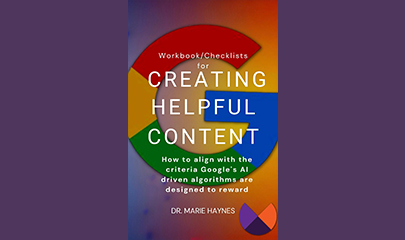 Creating Helpful Content Workbook By Marie Haynes
1 × $31,00
Creating Helpful Content Workbook By Marie Haynes
1 × $31,00 -
×
 MovNat® Level Up By Danny Clark And Jerome Rattoni - MovNat
1 × $62,00
MovNat® Level Up By Danny Clark And Jerome Rattoni - MovNat
1 × $62,00 -
×
 Online - The Demartini Values Training Program - USA 2020 (Videos Only) By Dr John Demartini
1 × $622,00
Online - The Demartini Values Training Program - USA 2020 (Videos Only) By Dr John Demartini
1 × $622,00 -
×
 The Performance Stretch System Level 1 By The Stretch Therapists
1 × $139,00
The Performance Stretch System Level 1 By The Stretch Therapists
1 × $139,00
Reading Biblical Literature: Genesis to Revelation By Craig Koester
$239,00 $5,00
SKU: KOB.529735WrvJj
Category: Science
Tags: Craig Koester, Genesis to Revelation, Reading Biblical Literature
Review of Reading Biblical Literature: Genesis to Revelation by Craig Koester – Digital Download!
Let’s embark on a captivating adventure to uncover remarkable insights that spark your curiosity and elevate your understanding
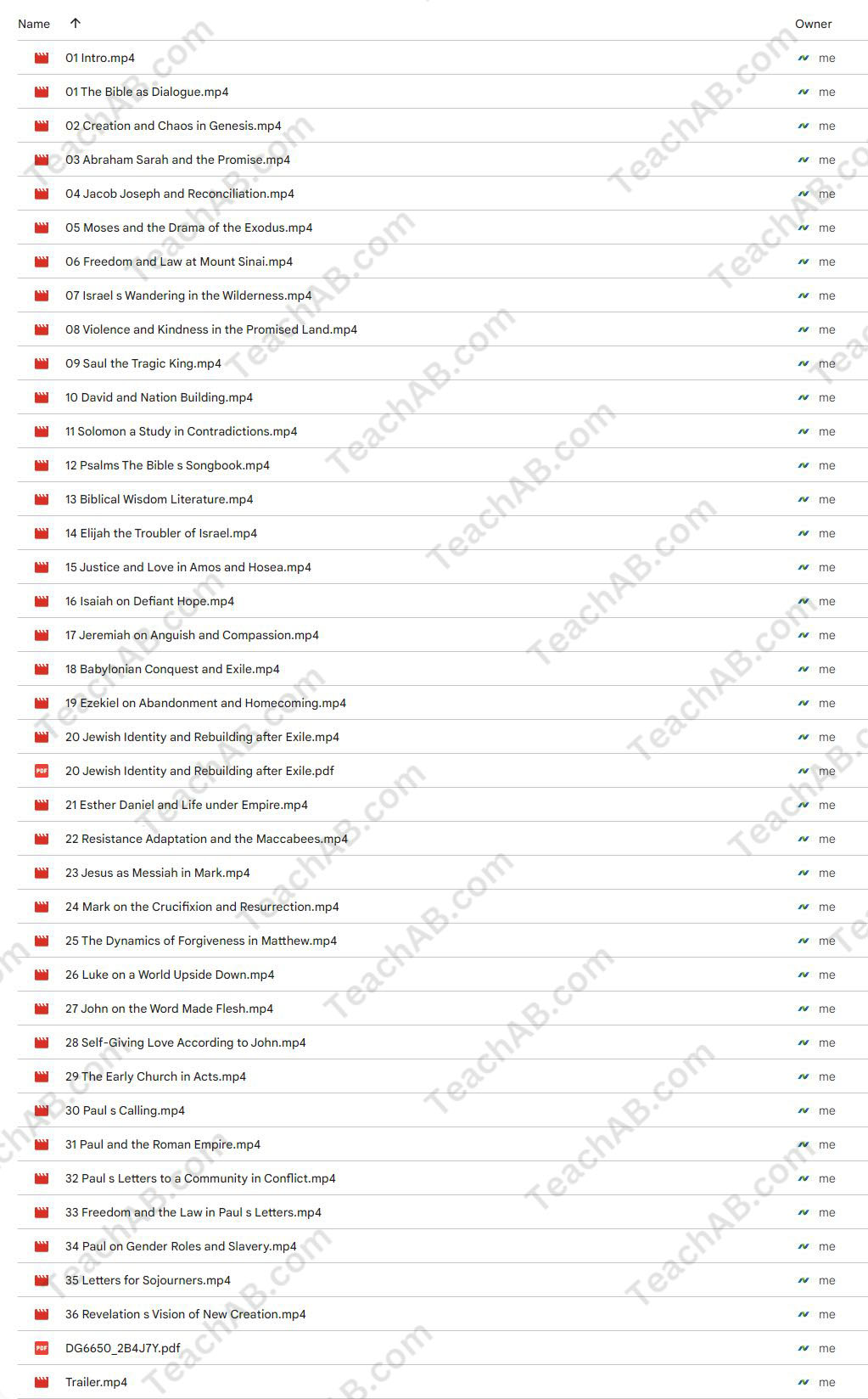
Reading Biblical Literature: Genesis to Revelation By Craig Koester
Overview

Review of Reading Biblical Literature: Genesis to Revelation by Craig Koester
In a world where the literary aspects of religious texts are often overshadowed by theological or doctrinal elements, Craig R. Koester’s course, Reading Biblical Literature: Genesis to Revelation, emerges as a beacon of understanding. With 36 meticulously crafted lectures, Koester, an esteemed professor at Luther Seminary, invites us to embark on an engaging journey through the Bible. This course isn’t merely an academic exercise but a fascinating exploration of the biblical narrative as a significant literary work, rich in character development and thematic intricacies. Whether you approach the Bible from a scholarly perspective or as a curious reader, Koester’s analysis offers a refreshing lens through which to appreciate the interconnectedness of biblical narratives. This review dives deeply into the course’s structure, teaching methods, audience reception, and its overall contributions to the understanding of biblical literature.
Course Structure and Content Overview
Each lecture in Koester’s course is meticulously designed to unfold the Bible’s richness, starting with the creation narratives and proceeding through significant figures such as Abraham and Moses, leading up to the early Christian church. Through this structured approach, the audience not only grasps the events but also the literature within the text. Koester’s goal is to illuminate how the biblical stories connect to each other like an intricate tapestry. Each story – from the Garden of Eden to the resurrection of Christ – serves not just as isolated tales, but as part of a greater narrative arc.
The course can be outlined as follows:
- Introduction to Biblical Literature
- Overview of the Bible as a literary work
- Importance of narrative and structure
- Creation Narratives
- Genesis chapters 1-2: Analysis of literary elements
- Themes of creation, chaos, and order
- Key Biblical Figures and Events
- Abraham: The father of nations
- Moses: The liberator and lawgiver
- The Early Christian Church
- Connection of the Old Testament to the New Testament
- The development of early Christian thought
- Literary Themes and Genres
- Understanding poetry within the Psalms
- The narrative style of the Gospels
Koester emphasizes that while the Bible is fundamentally a religious text, it possesses profound literary qualities that deserve analysis. For example, the use of metaphor and symbolism is prevalent throughout, as the creation story serves not only as an account of origins but also as a metaphor for divine order over chaos.
Teaching Style and Engagement
Dr. Koester’s teaching style is a blend of storytelling and critical analysis, making even the most complex themes accessible to a broad audience. He employs a method reminiscent of a skilled orator, weaving narratives together while shedding light on their literary significance. This technique does not simply present the biblical text; it invites the audience into a dialogue with the material. His ability to articulate thoughts in an engaging manner transforms traditional views on Biblical literature into a shared experience.
Some highlights of Koester’s teaching methods include:
- Use of Visual Aids: Relevant images and diagrams are utilized to place biblical tales within their cultural contexts, making them both relatable and memorable.
- Inclusive Language: His non-doctrinal approach allows for various interpretations of scripture, encouraging discussions that illuminate diverse theological viewpoints without favoring any specific doctrine.
- Integration of Historical Context: Koester grounds his analysis in the socio-political landscape of biblical times, adding depth and understanding to each narrative’s literary expression.
By bridging the gap between storytelling and analytical critique, Koester cultivates an atmosphere where learners are encouraged to engage deeply with the literature.
Audience Reception and Critiques
The feedback from audiences has been overwhelmingly positive, with many participants praising Koester for his approachable and relatable style. Reviewers frequently highlight his talent for weaving complex biblical stories into coherent narratives while emphasizing their literary aspects. This ability not only enriches the learning experience but also fosters a deeper appreciation for the art of biblical storytelling.
Some audience comments include:
- “Koester makes the Bible come alive in a way I never thought possible!”
- “I was amazed at how interconnected the stories are he really emphasizes that point.”
However, some critiques suggest that the course might not cater to those who desire an exhaustive academic examination of Scripture. Specific reviewers noted that it might be more appropriate for casual readers rather than individuals engaging in an in-depth theological study. While the course excels in literary analysis, it may skim over rigorous theological debates that scholars often seek.
Nonetheless, this critique does not diminish the course’s value in offering a profound literary engagement with biblical texts.
Conclusion: A Valuable Resource
Overall, Reading Biblical Literature: Genesis to Revelation by Craig Koester stands as a remarkable educational endeavor that enriches our understanding of the Bible as a literary masterpiece. With its engaging narrative style and critically rich analysis, the course appeals to a wide audience from those casually interested in biblical stories to scholars seeking a different angle in their studies. Koester’s approach emphasizes the interconnectedness of biblical tales, allowing readers to appreciate the text’s complexity and beauty.
If you seek to explore the Bible through a broader literary lens or want a greater appreciation of its narratives, Dr. Koester’s course is not only recommended but is also a gateway to discovering the profound literary values embedded within this ancient text.
Frequently Asked Questions:
Innovation in Business Models: We use a group purchase approach that enables users to split expenses and get discounted access to well-liked courses. Despite worries regarding distribution strategies from content creators, this strategy helps people with low incomes.
Legal Aspects to Take into Account: Our operations’ legality entails several intricate considerations. There are no explicit resale restrictions mentioned at the time of purchase, even though we do not have the course developers’ express consent to redistribute their content. This uncertainty gives us the chance to offer reasonably priced instructional materials.
Quality Control: We make certain that every course resource we buy is the exact same as what the authors themselves provide. It’s crucial to realize, nevertheless, that we are not authorized suppliers. Therefore, the following are not included in our offerings: – Live coaching sessions or calls with the course author.
– Entry to groups or portals that are only available to authors.
– Participation in closed forums.
– Straightforward email assistance from the writer or their group.
Our goal is to lower the barrier to education by providing these courses on our own, without the official channels’ premium services. We value your comprehension of our distinct methodology.
Be the first to review “Reading Biblical Literature: Genesis to Revelation By Craig Koester” Cancel reply
You must be logged in to post a review.

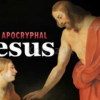











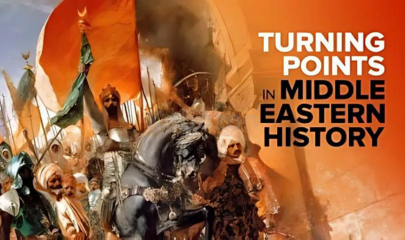


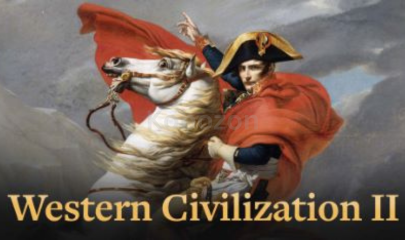

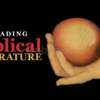
Reviews
There are no reviews yet.